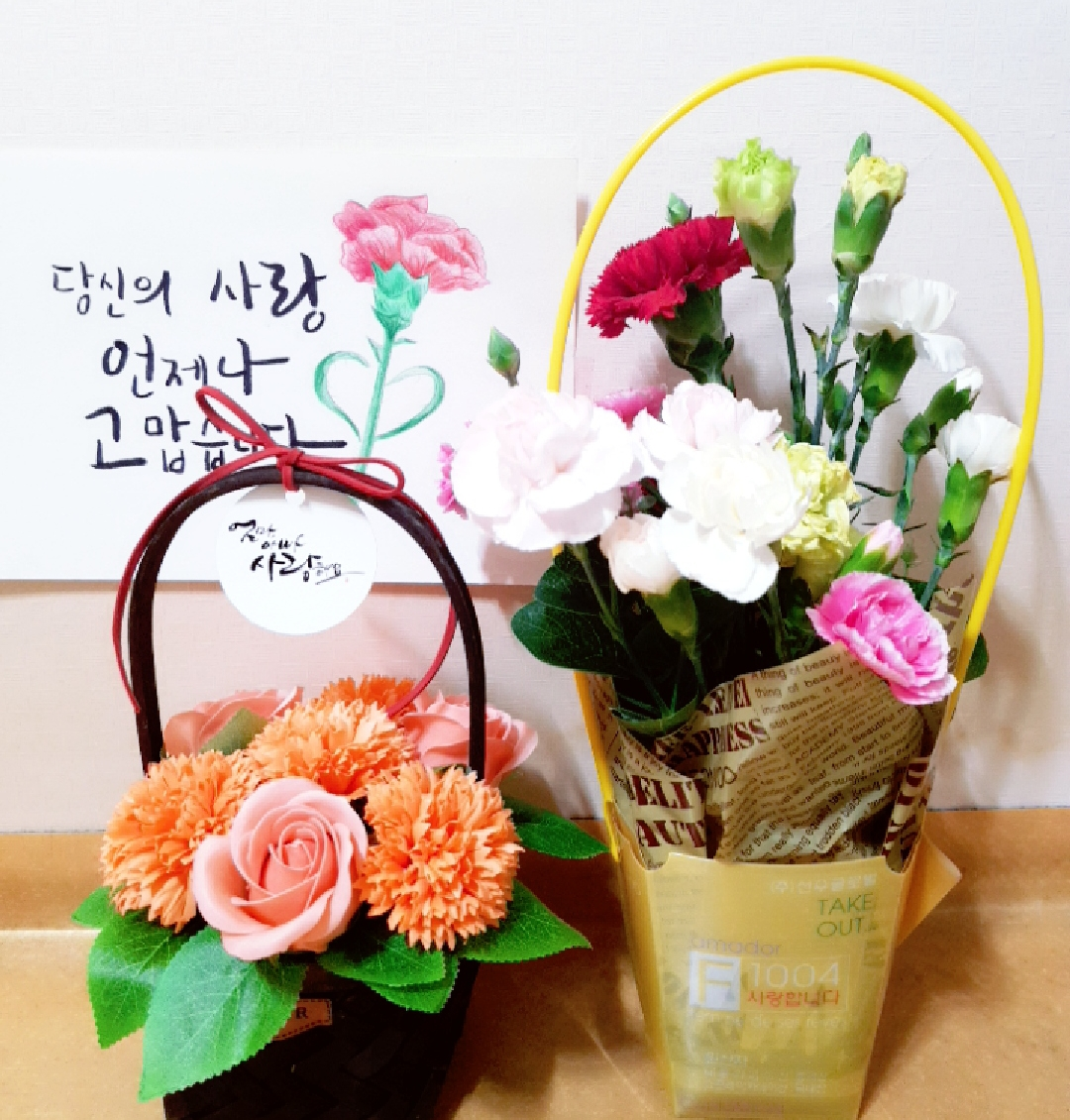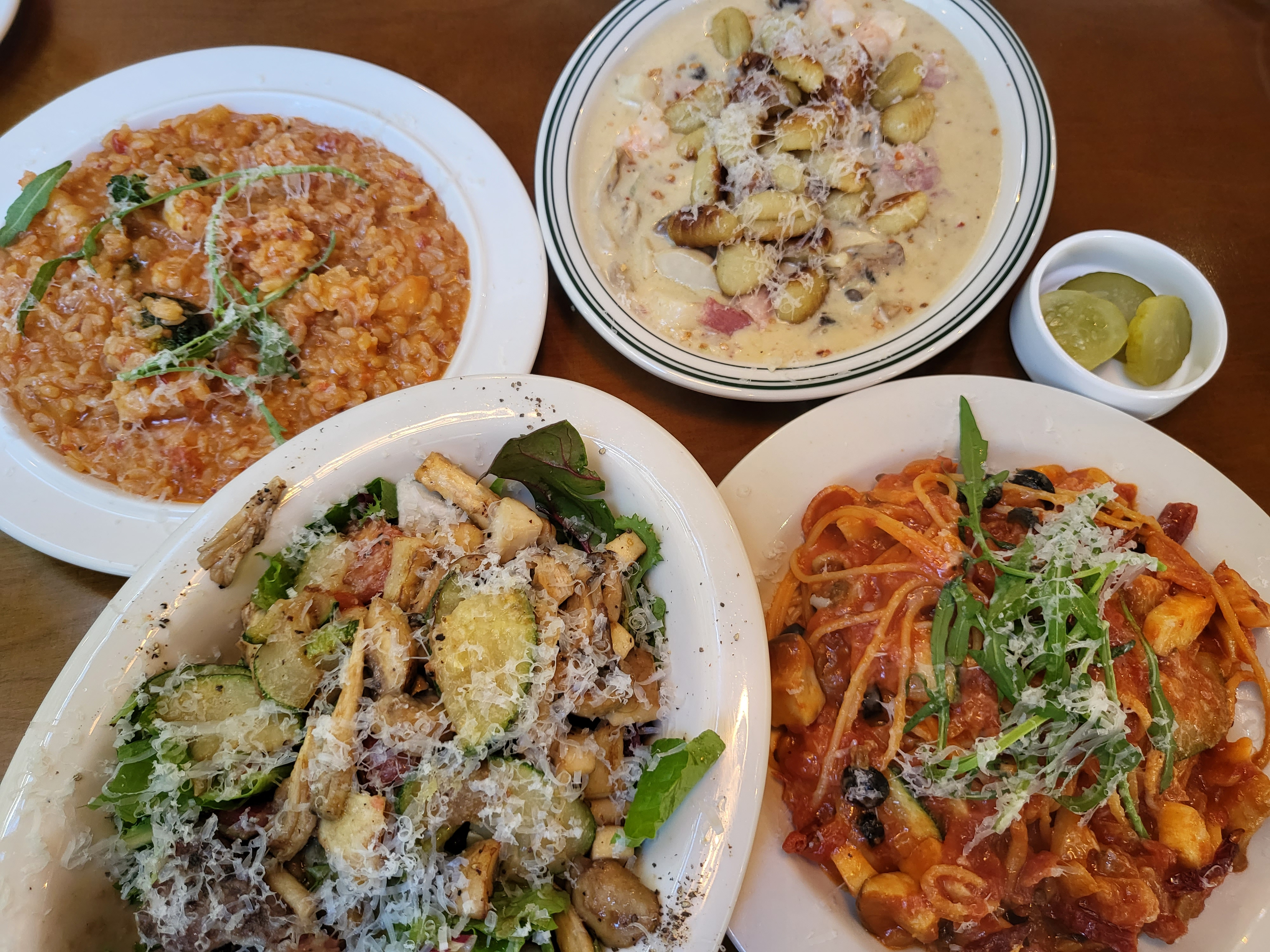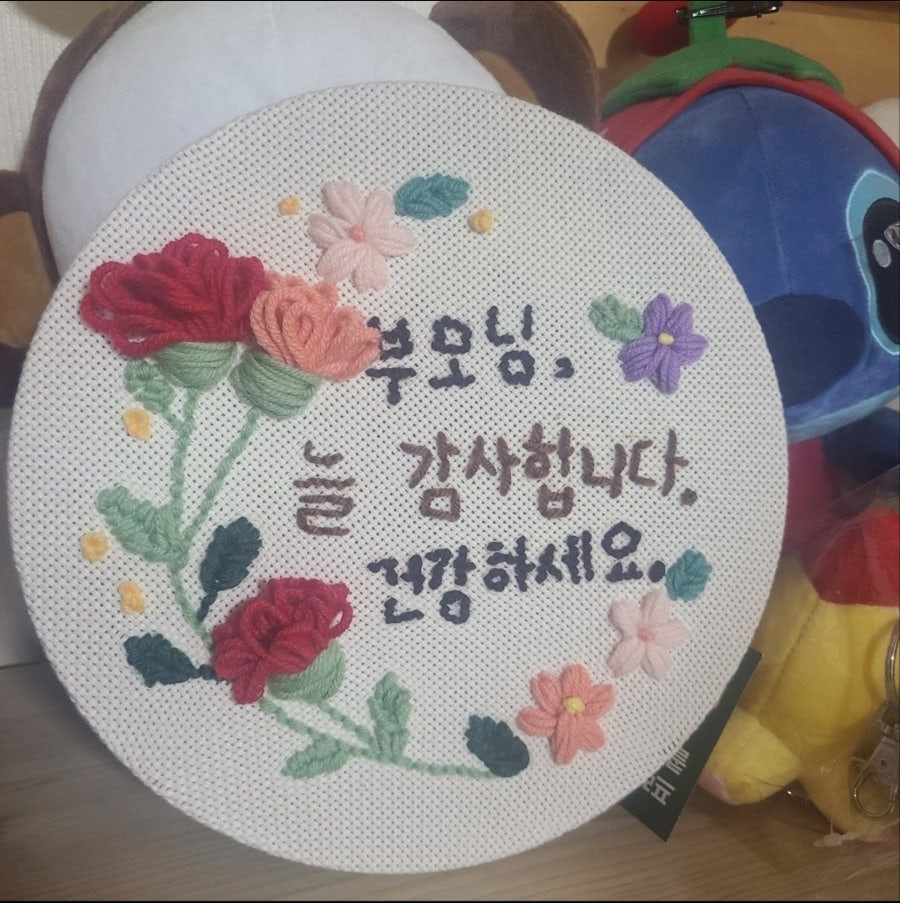Each year on May 8, South Koreans celebrate Parents’ Day (어버이날), a national day of appreciation rooted in traditional values and modern filial piety. I spoke with a Korean friend who shared her experiences and thoughts to understand how this day is truly felt and commemorated in Korea. Here's our conversation:
How is Parents’ Day usually celebrated in Korea?
“Parents' Day (May 8) is a day to show appreciation to parents and grandparents. On this day, sons and daughters express gratitude by giving carnations, writing letters, preparing gifts, or enjoying a family meal together.”

What does this day mean to you personally and to Korean society?
“It’s a day to reflect on the love and sacrifices of our parents and to express our gratitude. Socially, it highlights Korea’s family-centered culture. It also shows that Confucian values, like filial piety (효), still influence modern Korean society.”
Are there any traditional customs or practices your family follows?
“My family always gets together for a nice dinner. My brother and I usually find a good restaurant and make reservations so we can enjoy the evening with our parents. In the past, we would give carnations or handwritten letters, but nowadays, we treat them to dinner or give them something good for their health, like red ginseng.”

Do schools in Korea do anything special for Parents’ Day?
“Yes, especially in kindergartens and elementary schools. We made paper carnations using colored paper and wrote thank-you letters. I also remember learning and singing songs about parents` love for their children.”
How does the concept of filial piety shape this day and everyday life?
“Filial piety isn't just for Parents’ Day, it affects how we treat our parents daily. There are different ways to express it: adults might give money, children might make gifts, or write letters. It's less about material support now and more about emotional connection. In today’s individualistic society, simply spending time together and sharing a meal feels meaningful.”
Do you think younger generations still value filial piety?
“Yes. This day is about the ways we express 효, which have become more diverse and flexible. It’s no longer just about obligation, it’s about sincerity. It's not necessarily focused on material support, but more on emotional communication. ”
Have your Parents’ Day celebrations changed as you’ve grown up?
“Definitely. When I was younger, I gave carnations or drawings I made in school. Now, I buy real flowers, give food or health products, or spend quality time with my parents, enjoying good meals and experiences together.”
Is there a memory from Parents’ Day that stands out to you?
“One year, I made a punch needle lettering frame for my parents. They loved it. I was looking for something unique because paper flowers and cards felt too common. It was a challenge for me since I’m not very crafty, but I managed to finish it. Giving them a handmade carnation made it especially meaningful.”

Parents’ Day in Korea blends heartfelt traditions with modern expressions of love. Whether it’s a carnation, a warm meal, or a simple conversation, the essence lies in gratitude and connection. And as times change, one truth remains: honoring our parents, through words, acts, or time, is a tradition that continues to evolve, but never fades.
How about this article?
- Like4
- Support3
- Amazing3
- Sad0
- Curious0
- Insightful0


